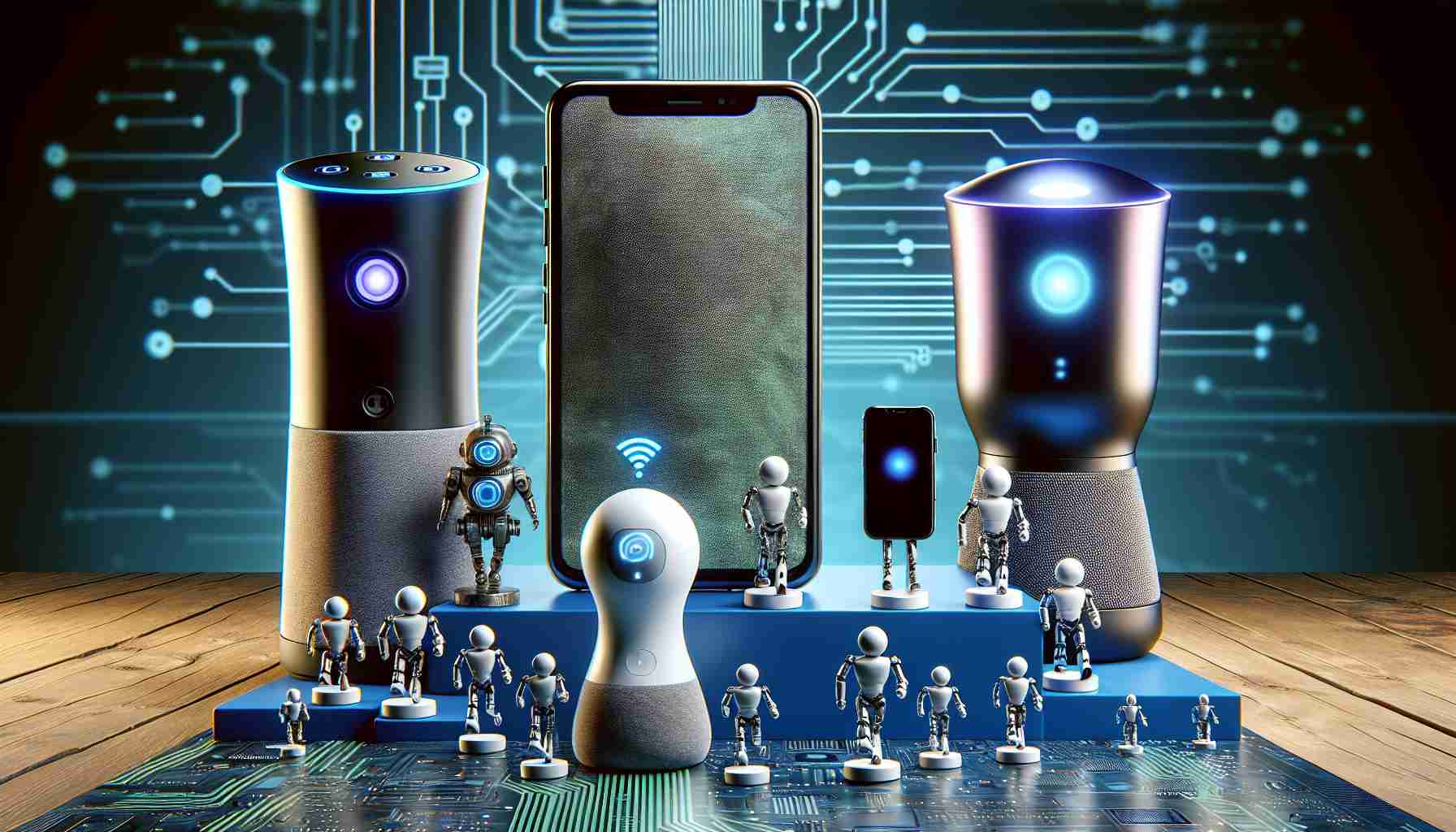With technology rapidly advancing, AI-powered hardware has started to roll out with notable anticipation. However, the recent releases seem to have fallen short of expectations. Earlier examples like the Humane AI Pin and Rabbit R1 showcase the growing pains of these cutting-edge gadgets. Despite their state-of-the-art claims, these devices struggle with basic functionality, often failing to operate as efficiently as even the most basic smartphones.
The Humane AI Pin, plagued by overheating issues and slow responses, raises concerns over its practical application and high cost. Meanwhile, the Rabbit R1’s difficulties in tracking location, its insufficient battery life, and inconsistent responses have left users feeling underwhelmed. The device was even humorously referred to as an overpriced paperweight after improperly predicting a weather forecast to be an unbelievably high 78 degrees Celsius.
Technology enthusiasts were eager to witness AI devices revolutionize the way everyday tasks are conducted through voice-controlled interactions. However, these gadgets are not suggesting any breakthrough functions but rather offering alternative methods to perform tasks already managed efficiently by our smartphones.
A telling demonstration by Marques Brownlee highlighted the limitations of AI hardware. He compared the Humane AI Pin’s capabilities to those of a modern smartphone using Google Lens and found the phone to be both faster and more reliable. This example emphasizes that even low-cost smartphones currently surpass these AI devices in performance and accuracy.
The excitement around new AI technology is palpable, but it’s clear that significant improvements are necessary for these gadgets to become viable alternatives to the ever-evolving smartphone. As for the rest of the tech world, exciting new products continue to emerge, including a potential update to Google’s Pixel lineup and fresh developments from Samsung and Walmart in the wearable and streaming device markets, respectively.
Most Important Questions and Answers:
Why are AI devices struggling to compete with smartphones?
AI devices are struggling to compete with smartphones primarily due to their inability to match the performance, versatility, and established ecosystem of smartphones. Smartphones have evolved over the years with advanced technology, providing a wide range of functions beyond just communication. Moreover, they have a robust app ecosystem and more mature AI capabilities integrated into their operating systems.
What are the key challenges facing AI devices?
The key challenges for AI devices include: hardware limitations such as overheating and battery life; ineffective voice recognition and response capabilities; lack of distinctive functionalities that cannot already be achieved by smartphones; difficulty integrating seamlessly into users’ existing digital ecosystems; and high production costs leading to steep prices that do not correlate with their perceived value.
What controversies are associated with AI devices?
Controversies surrounding AI devices often stem from privacy concerns, as these gadgets sometimes continuously listen and process voice commands, which could lead to data security risks. Another area of contention is the accuracy of AI responses and whether it can truly understand context and provide meaningful assistance.
Advantages and Disadvantages:
Advantages:
– AI devices often aspire to offer more direct, specialized voice-controlled assistance.
– They may introduce new ways of human-computer interaction through AI advancements.
– Some AI devices are designed to be wearable, offering a more ubiquitous form of access to AI compared to smartphones.
Disadvantages:
– Struggle with basic tasks such as location tracking and responding to voice commands.
– Can’t compete with the overall functionality and efficiency of smartphones.
– Overheating, slow responses, and insufficient battery life reduce user satisfaction.
– High costs relative to their capabilities can limit accessibility and consumer adoption.
In the current technological landscape, smartphones are formidable competitors due to their versatility, reliability, and extensive application support. AI devices will need to overcome substantial challenges to become significant alternatives or companions to smartphones.
For readers interested in the broader context of this topic, the following are suggested related links:
– Google: Information on Google’s AI and technology ventures, including Pixel phones.
– Samsung: Insights into Samsung’s products and research in AI and mobile technology.
– Walmart: Updates on Walmart’s advancements in technology for retail and streaming devices.
The mentioned companies are leaders in technology and may provide additional resources or news on the development of AI devices and smartphones, allowing you to explore the topic further.
